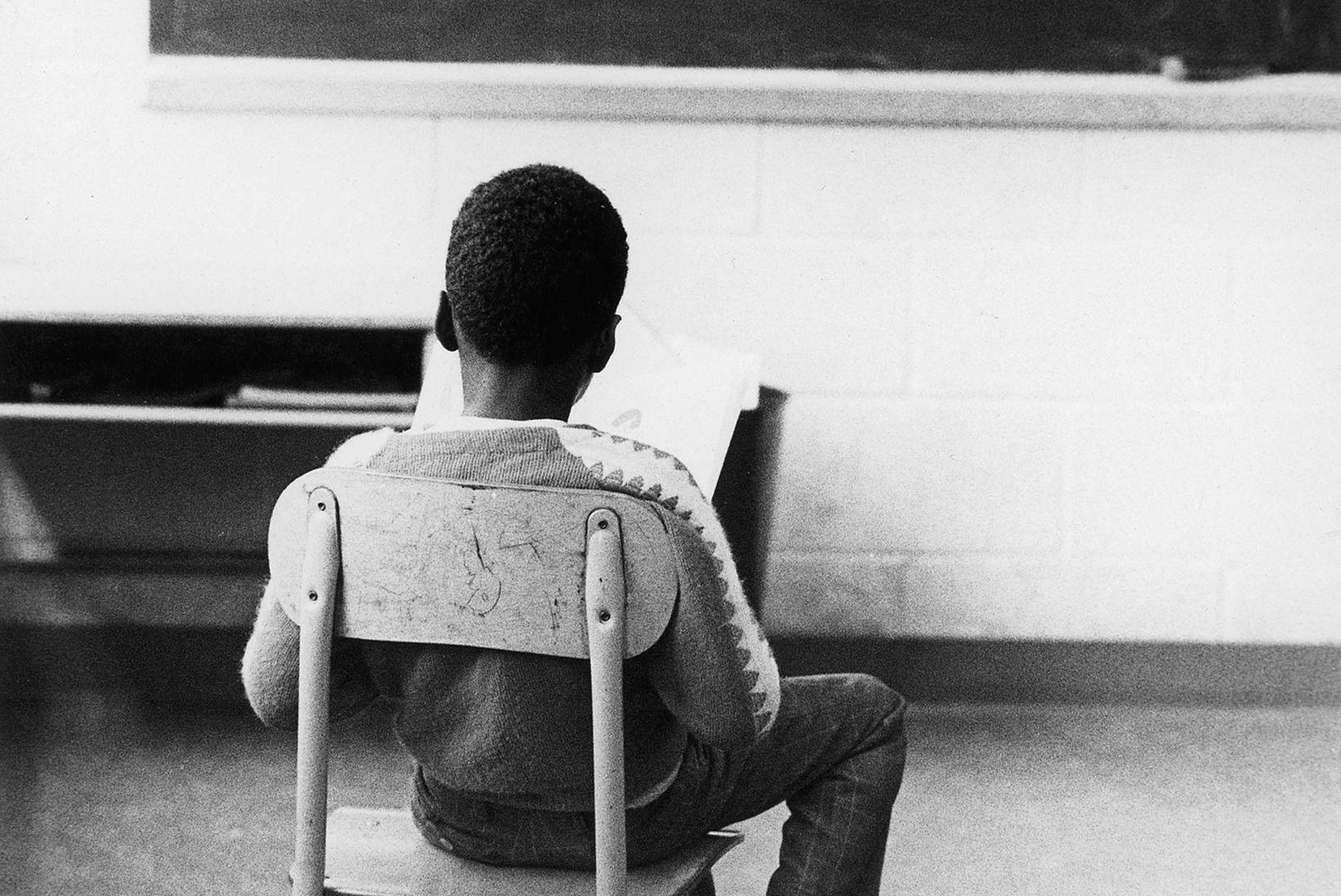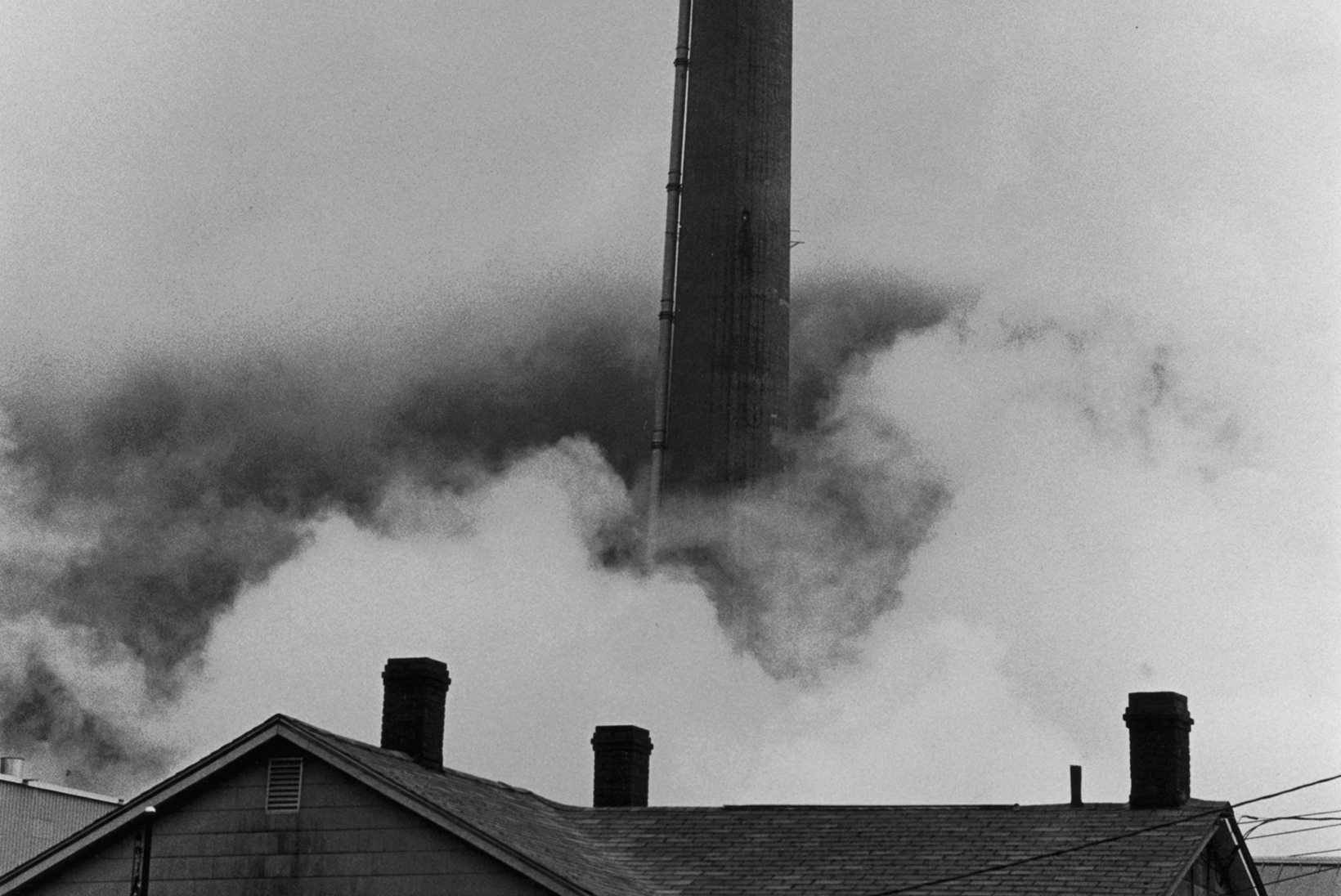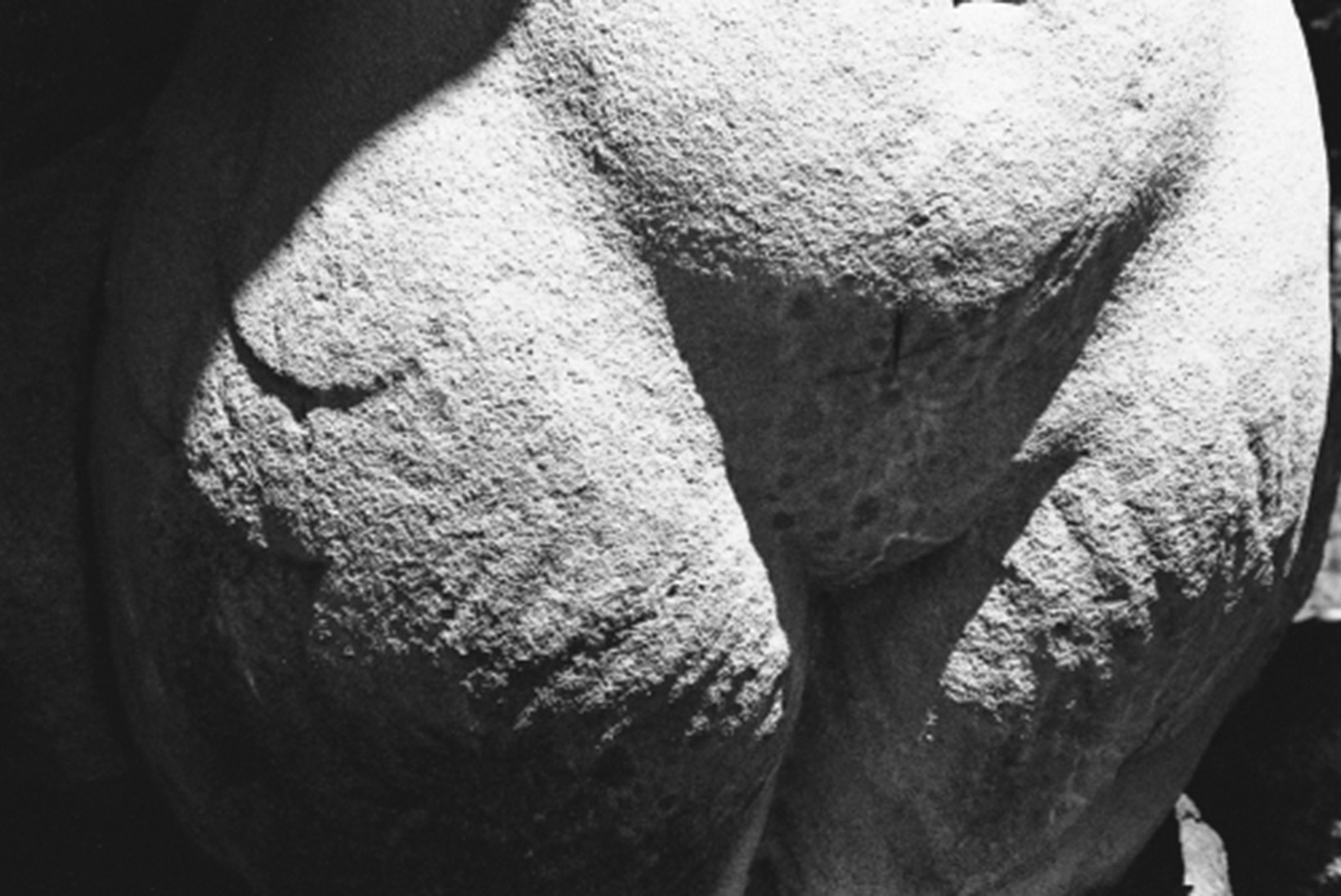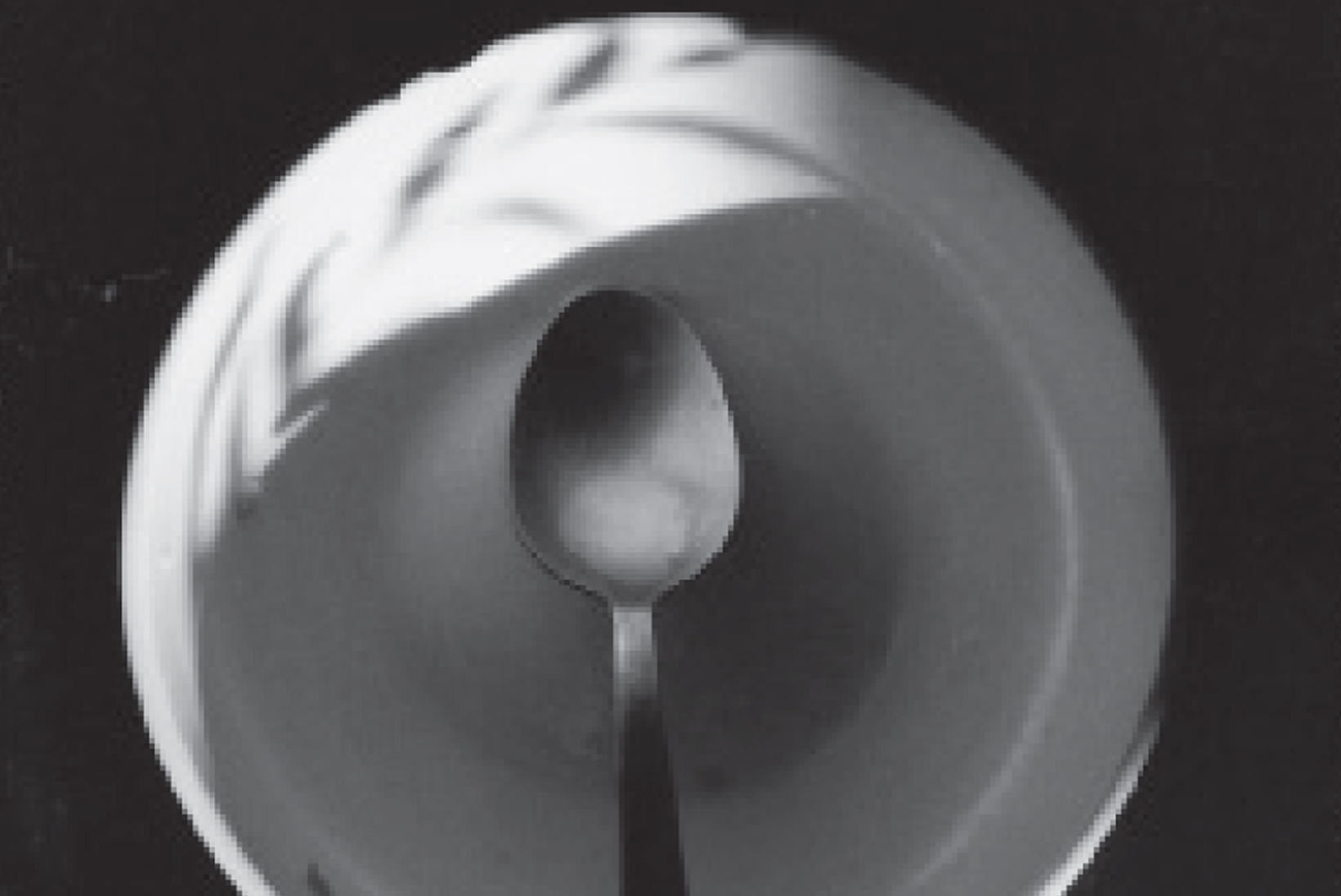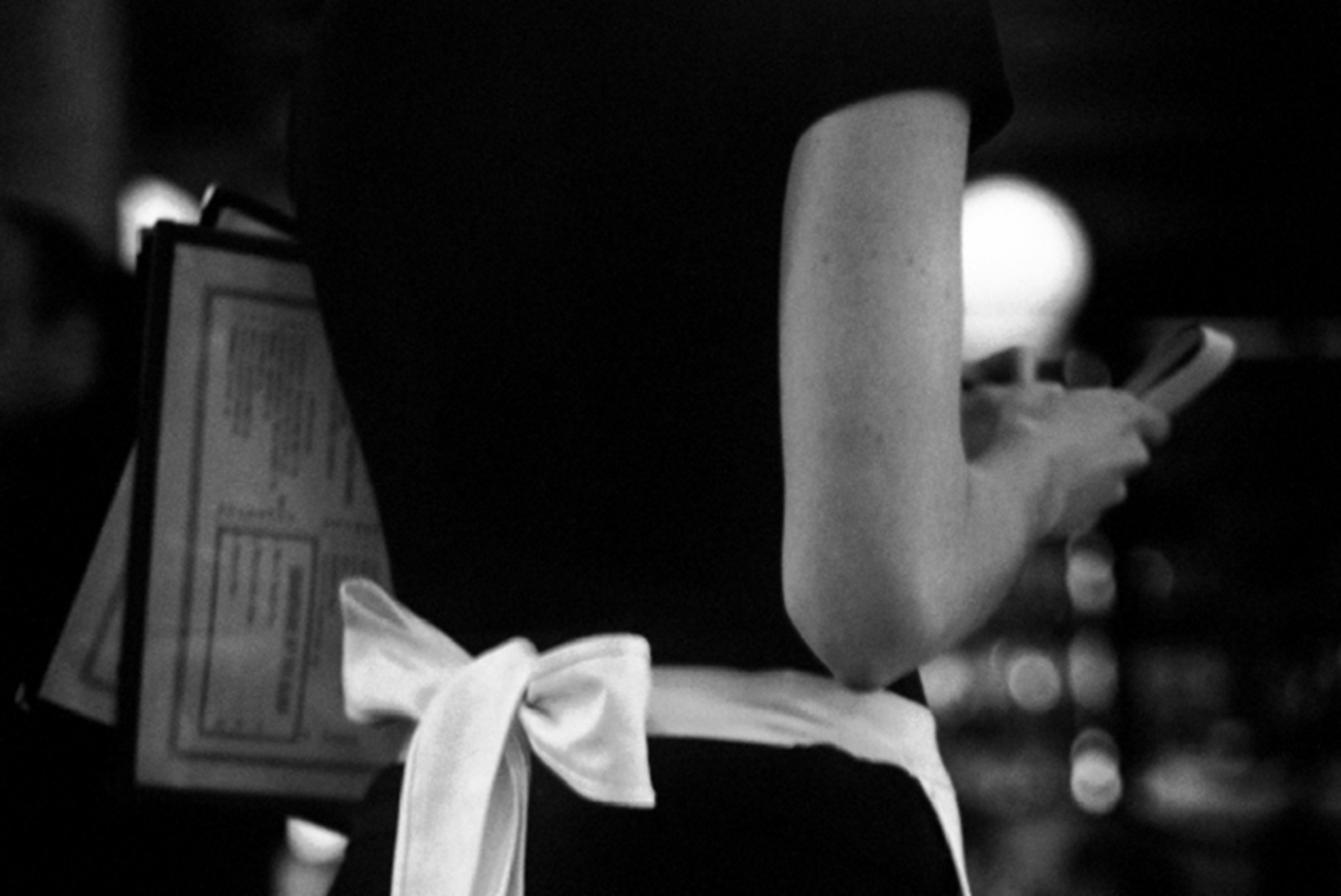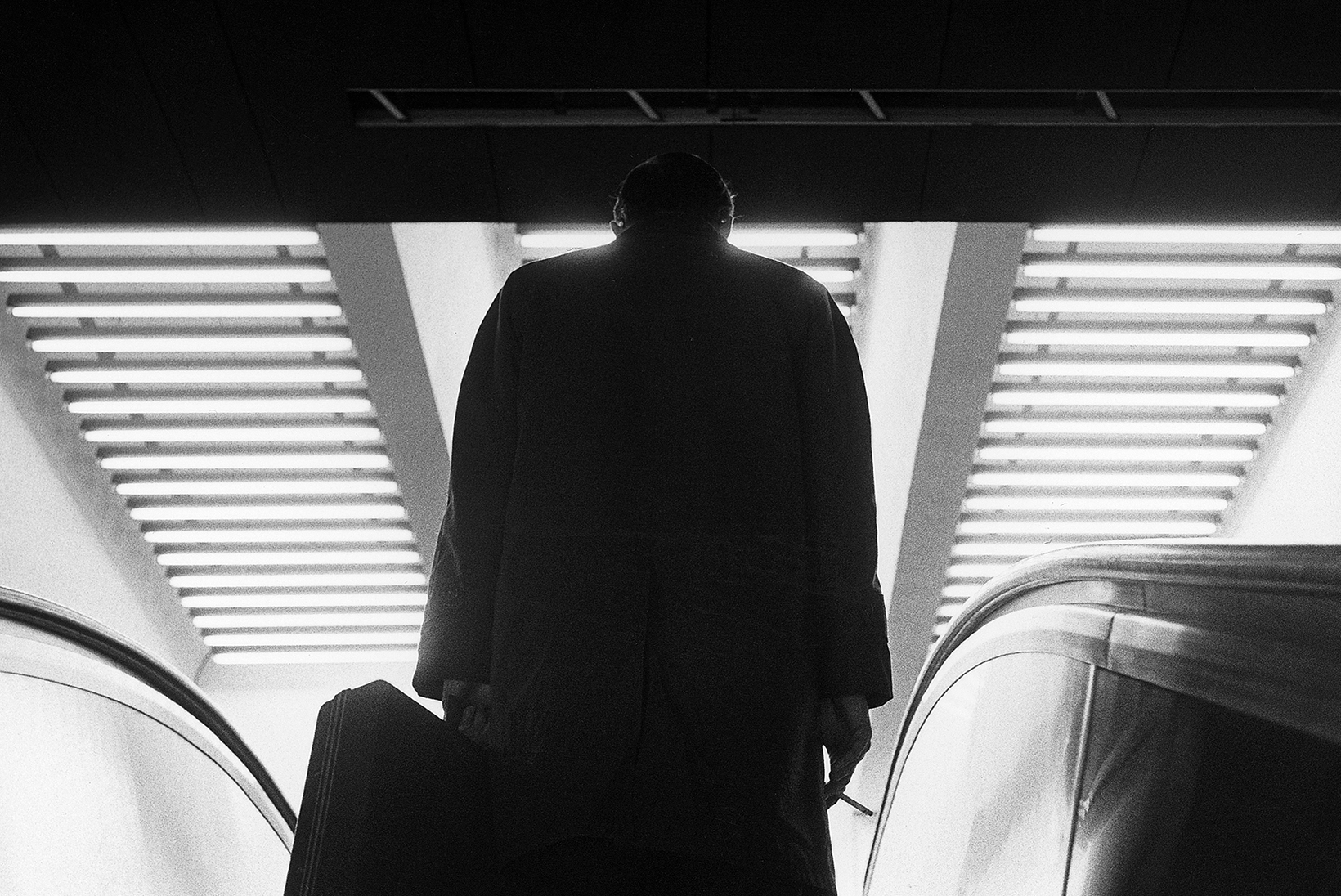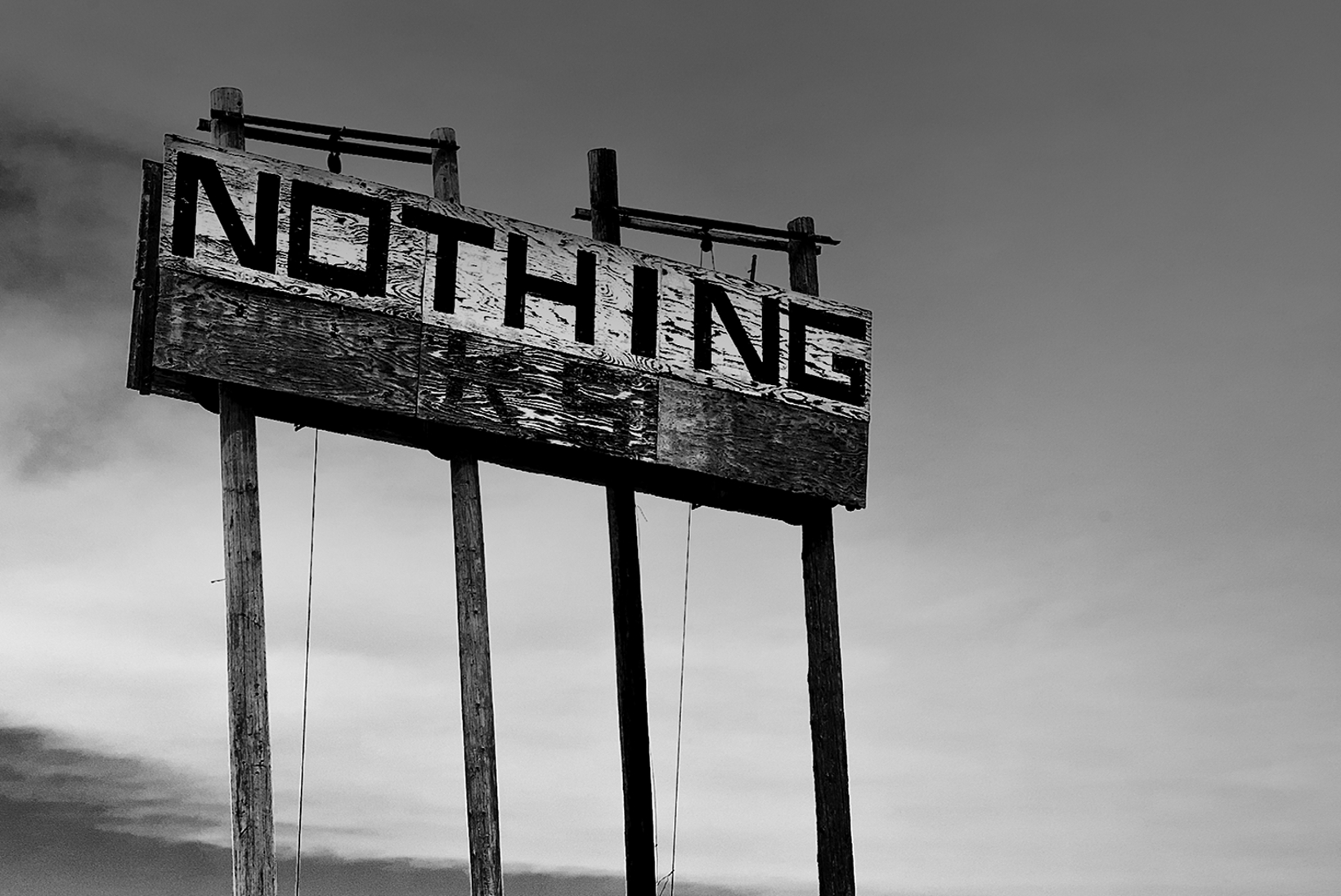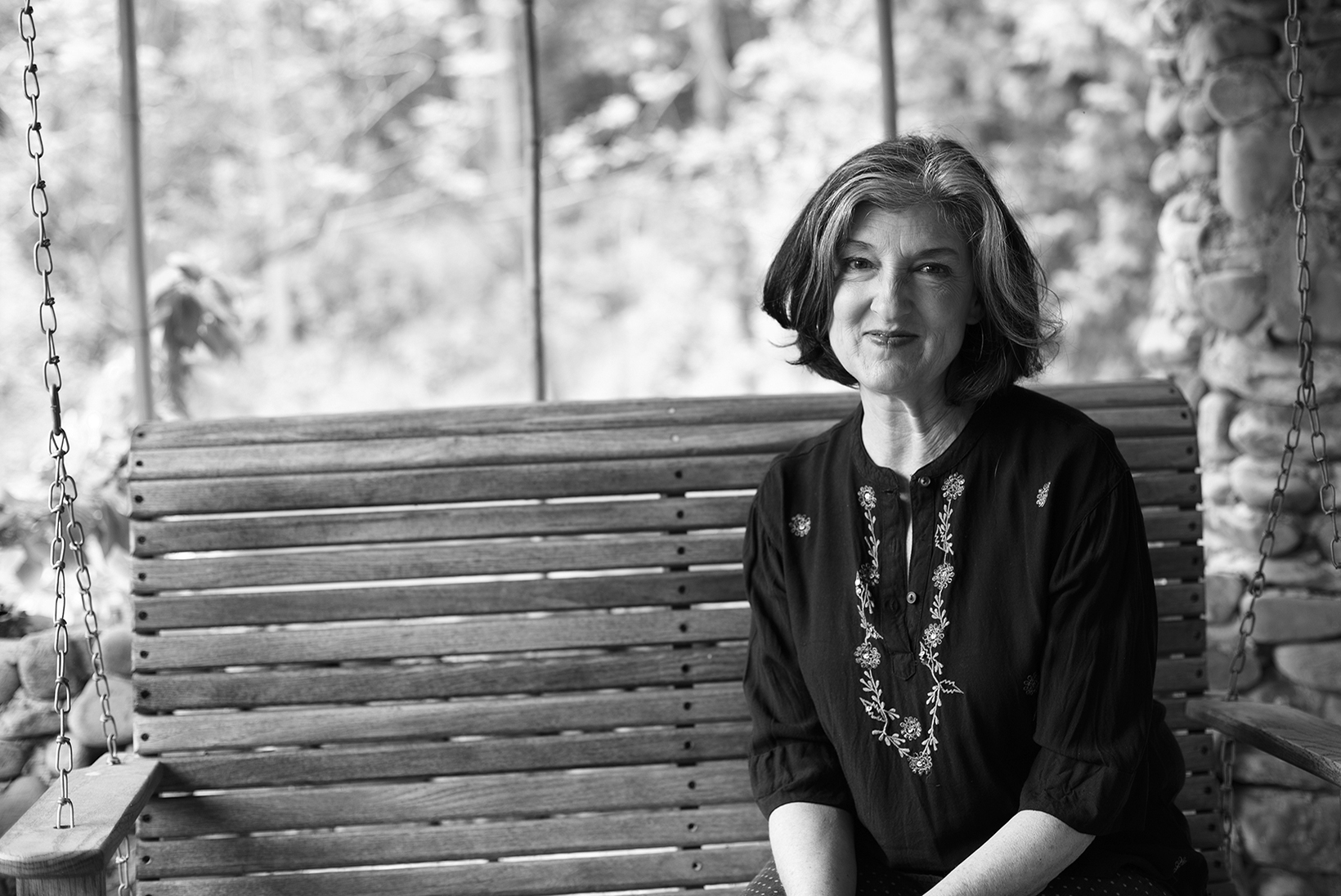Featured Selections
From the Archives
Some Thoughts On Mercy
Among the more concrete ramifications of this corruption of the imagination is that when the police suspect a black man or boy of having a gun, he becomes murderable: Murderable despite having earned advanced degrees or bought a cute house or written a couple of books of poetry. Murderable whether he’s an unarmed adult or a child riding a bike in the opposite direction. Murderable in the doorways of our houses.
July 2013The Magic And The Power
An Interview With Odetta
I’m shy about writing, about exposing myself, but songs have come through me. Once, I was in Israel and had a hard night — an argument that was so unimportant I don’t even remember what it was about — and I decided I’d go to sleep. In those days that was the way I handled my problems. There’s a Chinese proverb that says if you have a big problem, and you need to solve it, go to sleep. The problem won’t disappear, but you’ll wake up in another position. (Chuckles.) Well, I got back to the hotel, and I couldn’t go to sleep. So I took pencil and paper in hand and out came a song. The kind of writing I admire involves yourself right out there, like Joni Mitchell. Her songs are about what she did or didn’t do or what she’s feeling. It’s almost like an exorcism. But I haven’t gotten there yet.
December 1984By The Color Of Their Skin
Tim Wise On The Myth Of A Postracial America
Some think that racism ended with the Civil Rights Act of 1964, the Voting Rights Act of 1965, and the Fair Housing Act of 1968. Those were important steps, because they made it illegal to engage in discrimination. But just because you’ve made something illegal doesn’t mean it no longer happens. No enforcement mechanisms existed for the Fair Housing Act until 1988, and evidence suggests there are still millions of cases of race-based housing discrimination every year.
July 2009In Their Backyard
Robert D. Bullard On The Politics Of Where We Put Our Trash
We need a system to determine when a community has already shouldered its fair share. Right now, if someone wants to build a hazardous-waste facility, the EPA or state will assess the risk to nearby residents from that new facility only; the risks posed by the three or four or five polluters already in the area aren’t added to the equation. So there is nothing that might trigger the EPA or state to say that this community is overburdened by pollution.
May 2012No Matter What We Eat
The sheet of instructions from the endoscopy center says to drink clear liquids only. They give grape juice as an example. I can’t quite understand how something purple could be clear, but it gives me hope. If grape juice is clear, can melted chocolate be bouillon?
January 2002Hunger
Boarding school is like purgatory, or prison — being sent away to wait. That’s mainly what I do: wait for time to pass. There are five more hours to supper, and I’m hungry already. I’m up here in an empty classroom, writing in my diary when I’m supposed to be studying, ’cause it’s one week till finals. Three more long weeks, then home, home at last.
March 2003What We’re Really Hungry For
An Interview With Geneen Roth On Mindful Eating
Many people, however, want to lose weight simply because they believe it will make them happy and stop their pain. So it’s not so much the weight they want to lose, but the pain. They are the main audience for my work.
January 2002Nine To Five
A Brussels-sprouts cannery, the Kinsey Institute, singing telegrams
November 2006Capitalism And Its Discontents
Richard Wolff On What Went Wrong
Now let’s look at the history of the individual income tax. In the 1950s and 1960s the top income-tax bracket for an individual was 91 percent. That means that for every dollar an individual earned over a certain amount — let’s just say one hundred thousand dollars — he or she had to give Uncle Sam ninety-one cents. Even in the 1970s it was still 70 percent. What is the tax rate for the richest Americans today? Thirty-five percent. Think of it: the tax rate for the richest Americans went from 91 percent down to 35 percent. Now, that’s a tax cut the likes of which has never been enjoyed by the vast majority of Americans.
February 2012The Moral Universe
Barbara Kingsolver On Writing, Politics, And Human Nature
This isn’t about “paper or plastic” or some vision of self-congratulatory parsimony. It’s about replacing material gratifications with spiritual ones. I don’t know how much carbon I’m offsetting with my choices. I just prefer to be a good animal rather than one that fouls its nest.
March 2014
